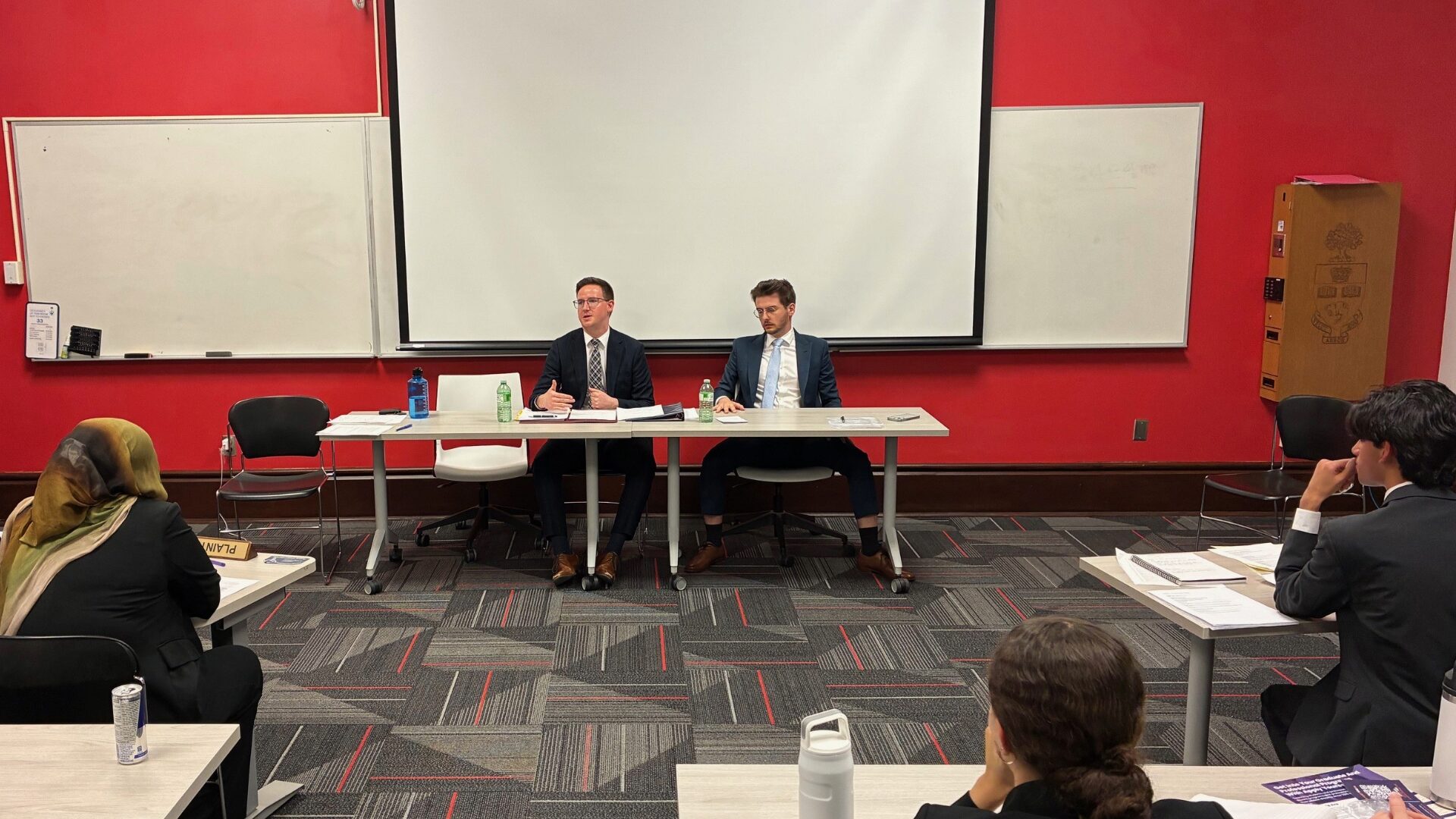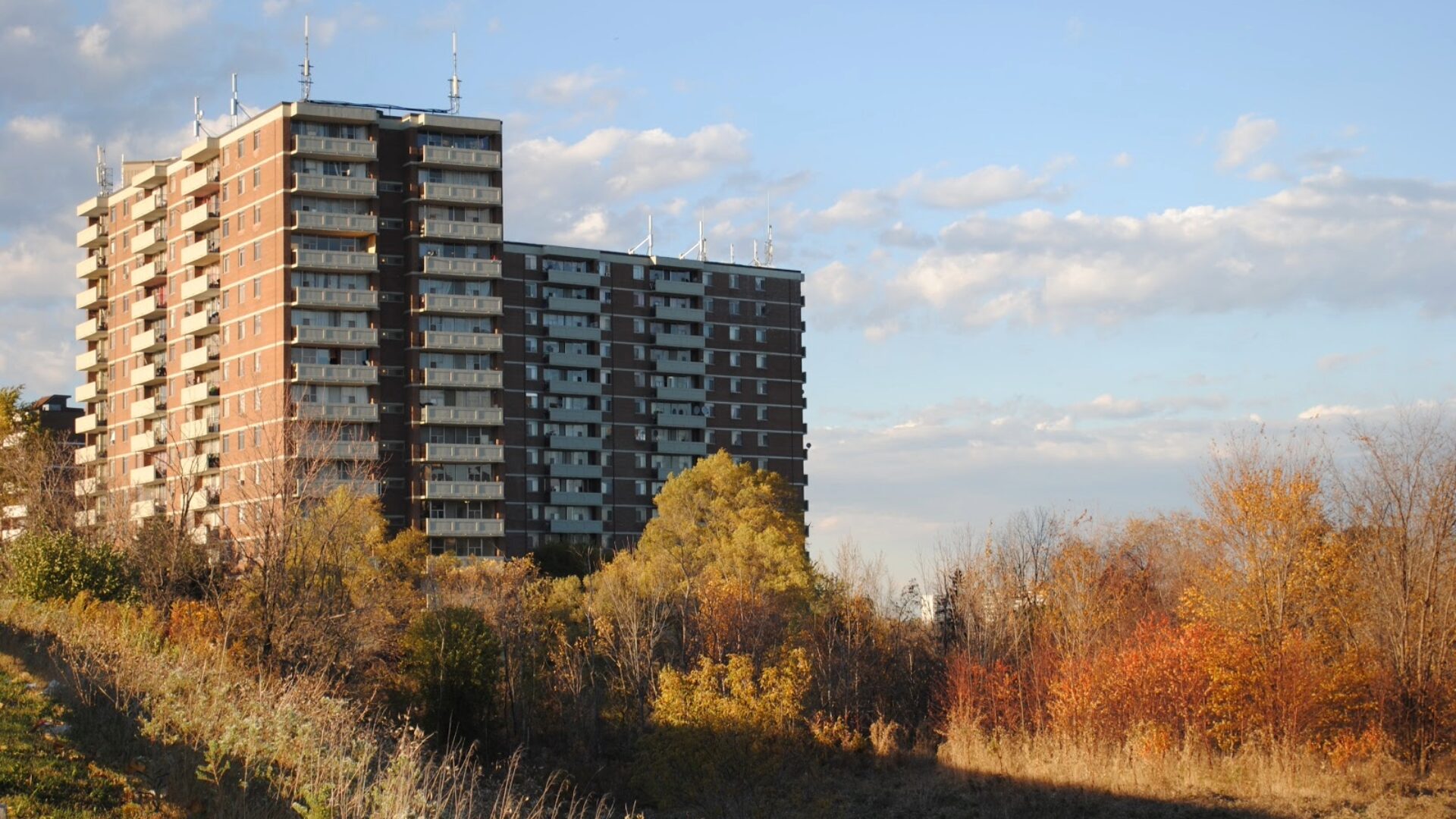My last commentary discussed two Exclusions found in the title insurance policies sold in Canada today. These Exclusions are known as the “suffered, created or assumed”, and the “known to the Insured but not disclosed to the Insurer” Exclusions. As promised this Commentary will discuss what is colloquially known as the “Police Powers” Exclusion.
At first “blush” this Exclusion appears to exclude just about everything. Regrettably we have seen denials from title insurers that reference this Exclusion in a very aggressive way. Title insurers, and the lawyers that sell their policies, suggest to Insureds that they can make claims on their own behalf. I realize this is a self-serving comment but we do not recommend that you approach your title insurer directly. Unless your potential claim is for a very small amount, we recommend you retain a lawyer with title insurance claims experience. While your first thought might be to retain the lawyer that sold you the policy, I’m afraid that in most cases you can’t. To receive a small commission of premium from the title insurer your lawyer had to sign a contract with the title insurer agreeing not to act for you in the event of a conflict with, or claim against, that title insurer. We consider this a disappointing practice.
While regrettably the title insurers have not agreed to a standard form of policy (they have in the US) most Canadian policies contain an Exclusion that reads like this one taken from Chicago Title’s Ontario residential policy:
You are not insured against loss, costs, legal and/or notarial fees, and expenses resulting from:
Governmental police power and the existence or violation of any law, by-law, order, code or government regulation. This includes laws, by-laws, orders, codes and regulations concerning:
(a) zoning;
(b) land use;
(c) improvements on the Land;
(d) land division; and
(e) environmental protection.
This exclusion does not apply to violations or the enforcement of these matters, which appear in the Public Records at Date of Policy. This exclusion does not limit the coverage described in Covered Risks 9(a), 15, 21(b), (c) and (d), 22, 23, 24, 25, 27, 28, 30, 31, and 33.
What? Doesn’t this seem to exclude just about every bit of coverage found in the Policy? We’ve certainly had clients that thought so. We’ve also seen insurers tell them so. This Exclusion has to be closely parsed. First note that it does not “limit the coverage” found in a long numerical list of Covered Risks. It does not limit the “Building Permit” coverage described in my Second Commentary. It is Covered Risk # 23 in Chicago’s Policy and is therefore excluded from the exclusion. It does not apply to the “Local Authority Search” coverage described in my Third Commentary. That coverage is Covered Risk #34 in Chicago’s Policy and while #34 is not listed the way Covered Risk #33 “Building Permit” is listed there is a clear intention to exclude Local Authority Search coverage from the exclusion found in the words “This exclusion does not apply to violations or the enforcement of these matters, which appear in the Public Records at Date of Policy.”
Although excluded in slightly different ways both the “Building Permit” and the “Local Authority Search” Covered Risks described in my earlier Commentaries are not excluded by the “Police Powers” Exclusion. I would prefer however that the title insurers included “Local Authority Search” coverage in their numerical lists at the end of the Exclusion. Perhaps they fear it would be redundant to do so.
Now what is “Governmental police power”? It is worth noting that the other insurers have dropped, or never used, the word “police”. Chicago may have dropped it as well but their policies are not available for review on their website. Is there a difference between “Governmental Power” and “Governmental Police Power”?
The key word is “power” and we suggest it does not matter whether “power” is modified by the word “police”. We all understand that Governments have powers. Originally title insurance was concerned solely with searches of “title” normally conducted at a “Registry” or “Land Title” office. Since the mid-1990’s however residential title insurance in Canada has included various coverages that are not strictly title matters. They include coverages like “Building Permit” and “Local Authority Search” coverages related to the house and other improvements that might have no impact on “title”. Government power can be “exercised” but to be covered by title insurance it needs to be recorded, registered, filed, etc. such that it could be found by the Insurer or its agent (normally the lawyer). Of course, the “Local Authority Search” coverage is structured in a way that we need to know what “would have been found” had the Search been conducted on the Policy Date (normally the day of closing).
Here is an example. Imagine a Municipality issued a Work Order to your Vendor on June 27th. Your purchase closed on June 29th but the Municipality did not record the Work Order in the Building Dept. Public Records until July 2nd. Depending on other circumstances you may have a claim against your Vendor for failing to disclose their receipt of the Work Order; or you may have a claim against the Municipality if it failed to meet its standard of care in recording the Work Order in a timely fashion; or you may have a claim against your conveyancing solicitor if he/she was prompted, but failed, to make further inquiry, but on a strict reading of the Exclusion you might not have a claim under the Policy.
Final note. Some of the policies sold by lawyers in Ontario today come with a Cover Letter addressed to the Insured that includes a statement like this one from Chicago Title:
“In the event you need to make a claim under your policy, our claims centre is here to help. You do not need a lawyer to submit a claim, just simply visit our website at www.ctic.ca to complete the online Notice of Claim Form. If you have questions, please don’t hesitate to contact us at 1-888-868-XXXX or by email xxx@claims.ca”
While these polices are sometimes referred to as “plain language” policies I trust these Commentaries are helping to show that while the language may appear “plain” the interpretation of the Covered Risks, Exclusions, and their application to concepts of Real Property Law are complex. As noted above we don’t recommend you try to claim on your own.
My next commentary will discuss arguably one of the least well understood concepts central to every title policy – “Unmarketability of Title”.





